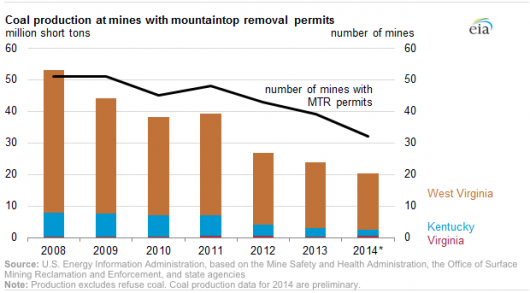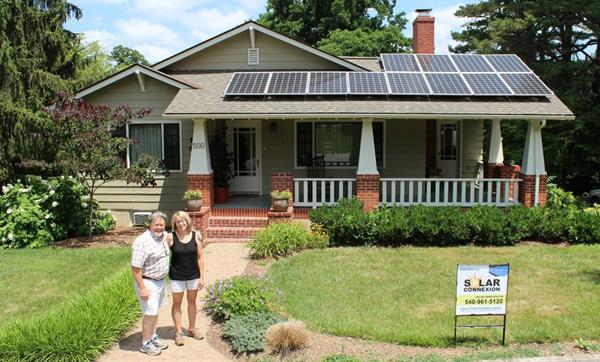Posts Tagged ‘Appalachian Voices’
EIA: Mountaintop removal coal production down
The U.S. Energy Information Agency (EIA) published a blog post today showing that coal produced by mountaintop removal mining in Central Appalachia decreased by 62 percent between 2008 and 2014. Demand for Central Appalachian coal will continue to decline, making further progress inevitable. But we won’t end mountaintop removal by relying on the market alone.
Read MoreA time of transition: APCo’s latest Virginia generation plan
It’s like Christmas in July, at least for those of us who get excited about energy news. On Wednesday Virginia’s utilities released their long-term plans to meet demand. Here we unwrap that bright shiny package for a look at what Appalachian Power is pursuing between now and 2029.
Read MoreSupreme Court delivers blow to EPA’s mercury rule
In a major decision today, the Supreme Court ruled the U.S. Environmental Protection Agency did not properly consider costs when it created a rule to limit mercury emissions from power plants. But the agency has a mandate and a clear path forward to protect public health by limiting emissions of mercury and other toxic air pollutants.
Read MoreDuke expands coal ash cleanup, but leaves N.C. communities in danger
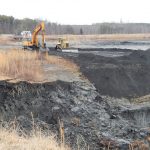
Video illustrates need for energy efficiency in the High Country

Silas House: A Remembrance of Jean Ritchie

Appalachian communities are still at risk

The economic impact of energy efficiency
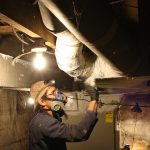
Appalachian communities at growing risk from mountaintop removal
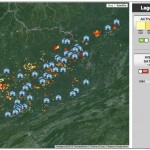
In praise of the High Country Energy Contest’s community and business partners
The Energy Savings for Appalachia team would like to thank our community and business partners for making the High Country Home Energy Contest possible. Without their dedication and service, we would not have been able to offer three households the extensive energy efficiency home improvements that we have in the past month.

